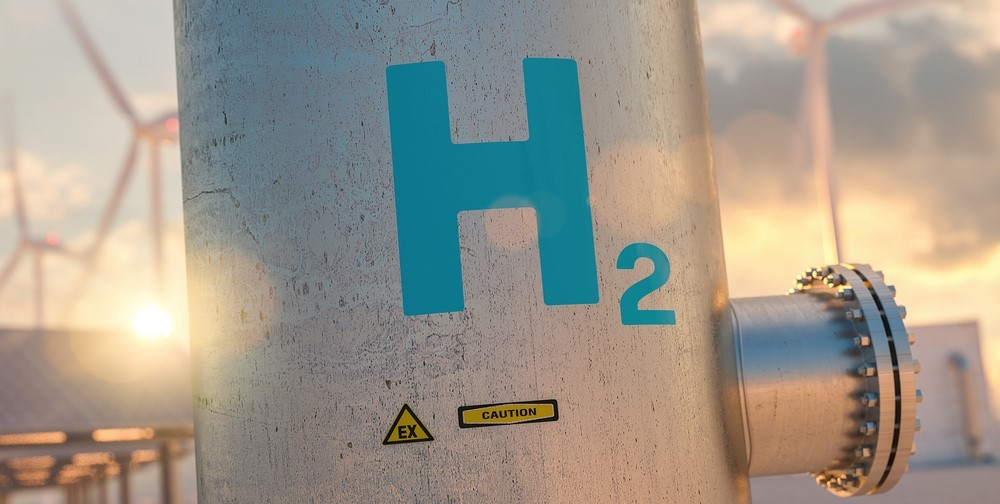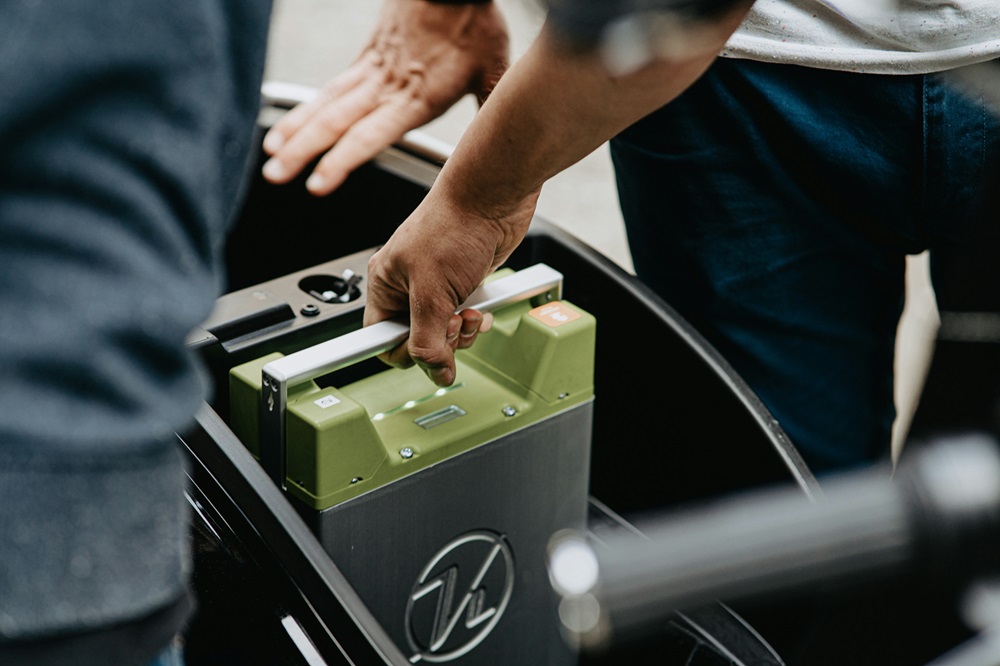ANALYSIS OF JUDGEMENT IN APPEAL NO. 174 OF 2017
The judgment in Appeal No. 174 of 2017 revolves around a dispute between Orange Bercha Wind Power Limited and multiple respondents, including the Madhya Pradesh Electricity Regulatory Commission (MPERC), Madhya Pradesh Power Transmission Company Ltd. (MPPTCL), Madhya Pradesh State Load Despatch Centre (SLDC), and Madhya Pradesh Power Management Company Ltd. (MPPMCL). The case concerns the delayed commissioning of a 50 MW wind power project and its implications on the applicable tariff rates. The core issue is whether the appellant was entitled to a tariff of Rs. 5.92 per unit as per the 2013 Tariff Order or the lower Rs. 4.78 per unit rate under the 2016 Tariff Order.
BACKGROUND OF THE CASE
Orange Bercha Wind Power Limited had undertaken a wind power project in Madhya Pradesh and was aiming to complete its commissioning by 31st March 2016 to avail of the Rs. 5.92 per unit tariff as per the MPERC’s 2013 Tariff Order. However, due to alleged delays caused by MPPTCL and SLDC, the project was commissioned only on 5th May 2016, after the expiry of the control period. Consequently, the appellant was forced to sign a Power Purchase Agreement (PPA) with MPPMCL at the lower rate of Rs. 4.78 per unit, as mandated under the 2016 Tariff Order. The appellant argued that it had met all commissioning requirements by 31st March 2016, but procedural delays by the respondents, especially concerning telemetry data transmission requirements and connectivity approvals, resulted in its inability to commission the project within the control period. The appellant sought retrospective recognition of its commissioning date as 31st March 2016 and the corresponding higher tariff. However, MPERC rejected this plea, holding that the project was officially commissioned only on 5th May 2016 and was thus subject to the revised tariff structure.
LEGAL & REGULATORY IMPLICATIONS
The judgment aligns with previous rulings that emphasize the sanctity of regulatory control periods in tariff orders. Courts have consistently held that retrospective benefits cannot be granted if a project fails to meet the prescribed deadlines. Similar cases, such as Gujarat Urja Vikas Nigam Ltd. v. Solar Semiconductor Power Co. Ltd., have reaffirmed that consumer interest takes precedence over individual developer claims.
Furthermore, the case highlights the necessity of timely regulatory approvals and the responsibilities of both developers and regulatory bodies. While the appellant argued that SLDC’s unexpected demand for extended telemetry data caused the delay, the ruling underscored that it was ultimately the developer’s duty to ensure compliance within the stipulated timeline.
CONCLUSION
The judgment in Appeal No. 174 of 2017 is a significant ruling that upholds the principle of regulatory certainty in tariff determination. It reinforces that developers must strictly adhere to control period deadlines and cannot seek retrospective tariff benefits due to procedural delays. While the decision was unfavorable for the appellant, it protected consumer interests and maintained the integrity of the regulatory framework. Going forward, renewable energy investors must be mindful of such regulatory risks and ensure proactive compliance to avoid similar disputes.
IMPACT ANALYSIS OF JUDGEMENT IN APPEAL NO. 174 OF 2017
Table 01
| Stakeholder | Key Considerations | Impact Type (Positive/Negative/Neutral) |
| Orange Bercha Wind Power Limited (Appellant) |
| Negative (Forced to execute PPA at a lower tariff for Orange Bercha Wind Power Limited) |
| Madhya Pradesh Electricity Regulatory Commission (MPERC) |
| Neutral (Avoided setting a precedent that could impact future tariff disputes) |
| Madhya Pradesh Power Transmission Company Ltd. (MPPTCL) (Respondent No. 2) |
| Neutral (Avoided liability for alleged project delays) |
| Madhya Pradesh State Load Despatch Centre (SLDC) (Respondent No. 3) |
| Neutral (Avoided accountability for any potential project delay accusations.) |
| Madhya Pradesh Power Management Company Ltd. (MPPMCL) (Respondent No. 4) |
| Positive (Stricter compliance measures may cause financial losses for delayed projects) |
| Madhya Pradesh New and Renewable Energy Department (MPNRED) (Respondent No. 5) |
| Neutral (Maintained regulatory stance without active contesting) |
IMPACT ANALYSIS OF JUDGEMENT IN APPEAL NO. 174 OF 2017 (CONTINUED)
Table 02
| Stakeholder | Key Considerations | Impact Type (Positive/Negative/Neutral) |
| Electricity Consumers in Madhya Pradesh |
| Positive (Benefited from lower tariff, ensuring cost-effective renewable power procurement.) |
| Renewable Energy Investors and Developers |
| Negative (Potential deterrence for developers facing strict regulatory timelines.) |
Source: eninrac consulting, APTEL Order




